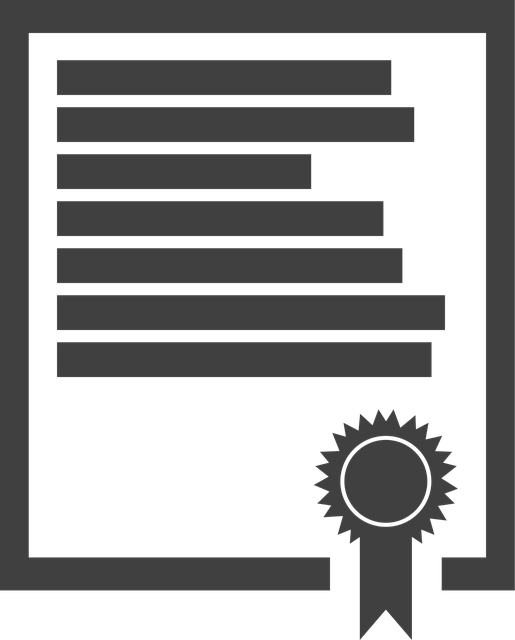Navigating healthcare compliance legal issues involves addressing whistleblower protection lawsuits, which are common due to fraud, abuse, and misconduct. Organizations must implement open communication, transparent policies, and strategic defenses to protect whistleblowers and institutional interests while navigating complex legal frameworks and pre-trial battles. Investing in experienced legal counsel, ethical conduct training, and swift investigations is crucial for successful defense strategies.
“In the complex landscape of healthcare, Navigating Healthcare Compliance Legal Issues is crucial for maintaining ethical practices. Whistleblower protection lawsuits play a vital role in exposing misconduct within healthcare institutions. This article delves into the intricacies of whistleblower laws specifically designed for the sector. We explore common legal challenges faced by those who speak up, offering strategic insights for effective defense. Understanding these protections is essential to foster a culture of integrity and accountability.”
- Understanding Whistleblower Laws in Healthcare
- Common Legal Challenges in whistleblower Cases
- Strategies for Effective Protection Defense
Understanding Whistleblower Laws in Healthcare

Navigating Healthcare Compliance Legal Issues is a complex task, especially when addressing whistleblower protection lawsuits. In this sector, where patient safety and ethical practices are paramount, any deviation from established protocols can have severe consequences. The healthcare industry faces unique challenges when it comes to whistleblower cases due to strict regulations and sensitive nature of the work. Employees who uncover instances of fraud, abuse, or misconduct must be protected, as their actions often lead to high-stakes cases with significant financial and reputational implications.
Healthcare organizations need an unprecedented track record in handling these situations, ensuring that whistleblowers feel secure while promoting a culture of compliance. Achieving extraordinary results in such cases requires a thorough understanding of the legal framework and a strategic approach to protect both the whistleblower and the institution’s interests. By prioritizing open communication channels and transparent policies, healthcare providers can foster an environment where employees feel empowered to come forward with concerns, ultimately strengthening their overall compliance posture.
Common Legal Challenges in whistleblower Cases

Navigating Healthcare Compliance Legal Issues presents unique challenges for whistleblowers, who often face complex and intricate matters when taking on powerful organizations. One of the primary hurdles is establishing a valid claim; whistleblowers must provide concrete evidence of wrongdoing, which can be difficult to attain without compromising patient privacy and confidentiality. Balancing the exposure of fraudulent activities with the legal protections afforded to healthcare professionals is a delicate task.
Another common challenge in these cases involves jurisdictional issues, as whistleblower protection laws vary across the country. This complexity often leads to lengthy pre-trial battles, including motions to dismiss and discovery processes, where the focus shifts to avoiding indictment while gathering sufficient evidence for jury trials. The path to justice is fraught with legal obstacles, demanding strategic navigation to ensure the whistleblower’s rights are protected throughout the process.
Strategies for Effective Protection Defense

Navigating healthcare compliance legal issues can be complex, especially when dealing with whistleblower protection lawsuits. Organizations must develop robust strategies to ensure they provide effective defense mechanisms for employees who choose to expose wrongdoing. One key approach is establishing clear and comprehensive internal policies that outline the process for handling whistleblowers, encouraging them to report concerns without fear of retaliation. These policies should be communicated widely across the organization, ensuring every employee understands their rights and protections.
Additionally, investing in robust legal counsel with experience in healthcare compliance is vital. Lawyers can help organizations interpret complex laws, develop strategies to avoid indictment in high-stakes cases, and navigate the unique challenges presented by whistleblower protection lawsuits. Across the country, successful defense strategies often involve a combination of proactive measures, such as regular training on ethical conduct and compliance, coupled with swift and fair investigations into reported violations.
Navigating healthcare compliance legal issues can be complex, but understanding and utilizing whistleblower protection laws is crucial. By recognizing common challenges and adopting effective strategies, individuals with knowledge of wrongdoing in healthcare settings can speak up without fear of retaliation. This enables a more transparent and accountable healthcare system, fostering trust among patients and providers alike.






